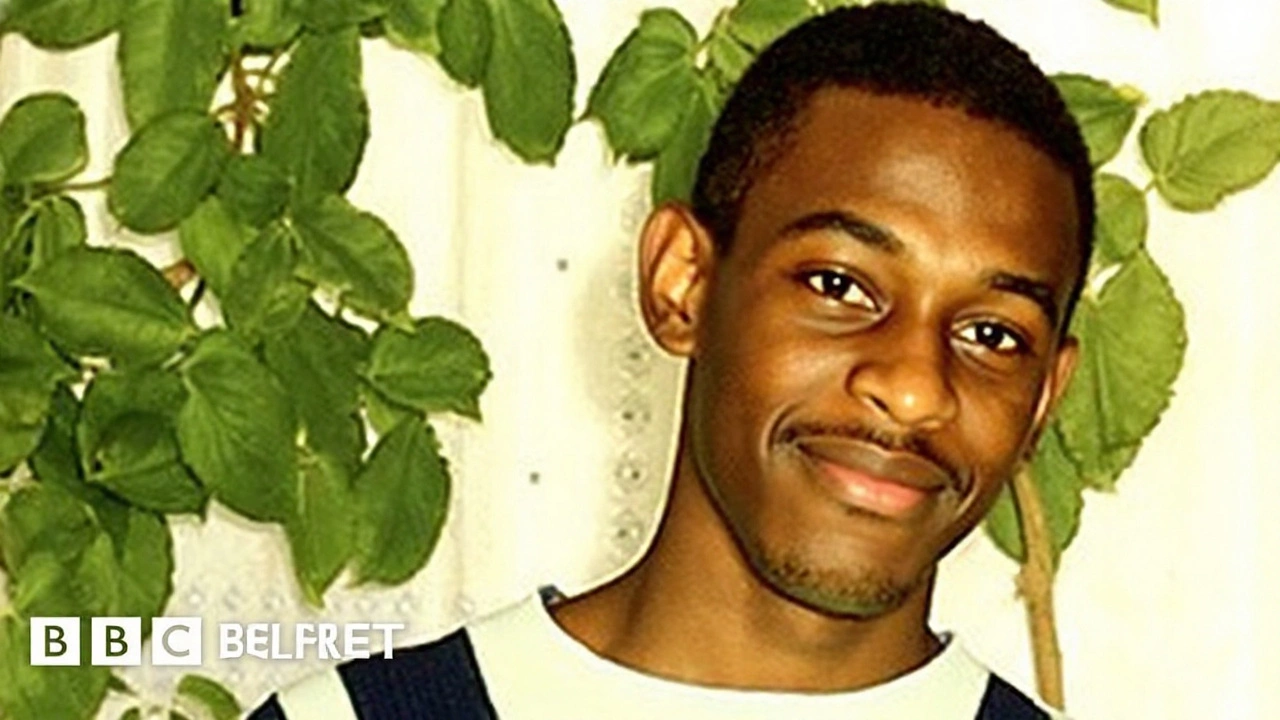If you’ve ever heard the name Stephen Lawrence and wondered why it still pops up in news and discussions, you’re not alone. Stephen was a 20‑year‑old Black British student who was murdered in a racially motivated attack in 1993. His death didn’t just leave a family mourning; it sparked a nationwide reckoning about racism, policing, and accountability.
What made Stephen’s case different from other crimes was the way the police handled it. The initial investigation was riddled with mistakes, missed clues, and outright denial of any racial motive. Friends and family kept pressing for answers, and their persistence forced the justice system to finally look closer at the flaws within.
For years, the case stalled. It wasn’t until a new inquiry in 2011, led by Sir William Macpherson, that the truth started to surface. The Macpherson Report famously labeled the police investigation as "institutionally racist." That phrase sent shockwaves through the UK, prompting reforms in policing, training, and how hate crimes are recorded.
In 2012, two of the original suspects, Gary Dobson and David Norris, were finally convicted of Stephen’s murder. It took almost two decades, but the conviction proved that persistence can break through even the toughest barriers. It also gave Stephen’s family a sense of closure, even if the loss could never be undone.
Stephen’s legacy goes beyond the courtroom. His story is a catalyst for change in schools, workplaces, and sports clubs across the UK. Many institutions now have diversity and inclusion programs that directly reference the lessons learned from his case.
In motorsports, a world that often feels exclusive, the impact is subtle but real. Teams are more conscious about fair hiring practices, and fans are increasingly vocal about supporting drivers from all backgrounds. Stephen’s name appears in campaigns that push for equal opportunities on and off the track.
Beyond policy, Stephen’s story is a reminder to each of us to stand up when something feels wrong. Whether you’re watching a race, chatting with friends, or scrolling social media, asking the tough questions can lead to real change. The fight for equality isn’t a one‑time event; it’s a daily commitment.
If you’re new to the topic, start by watching the BBC documentary "The Stephen Lawrence Story" or reading the Macpherson Report’s executive summary. Both give a clear picture of what happened and why it matters. From there, you can look into local community groups that keep Stephen’s memory alive through education and outreach.
Bottom line: Stephen Lawrence’s name isn’t just a footnote in a crime catalog—it’s a call to action. His life, his tragic death, and the fight that followed show how one person’s story can reshape an entire nation’s approach to justice and inclusion. Keep the conversation going, and you’ll be doing exactly what Stephen’s family hoped for: a society where fairness isn’t an afterthought, but a given.

More than 30 years after 18-year-old Stephen Lawrence was murdered in a racist attack, police have named Matthew White as a sixth suspect. White was arrested in 2000 and 2013 but not charged. The move follows fresh scrutiny of police failings, a 20-year delay interviewing a key relative, and David Norris’s 2025 admission of involvement. The College of Policing has opened a new investigation.